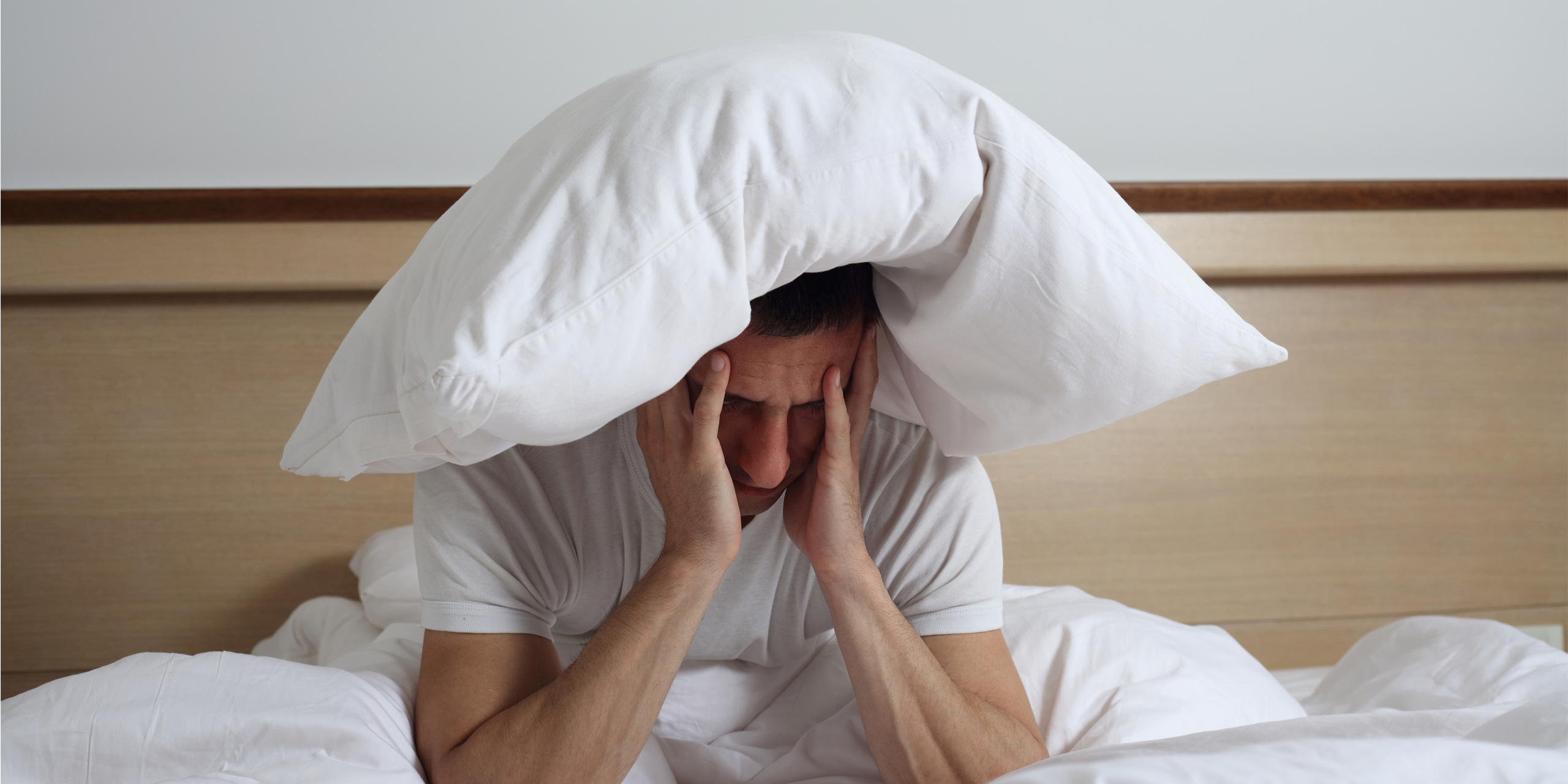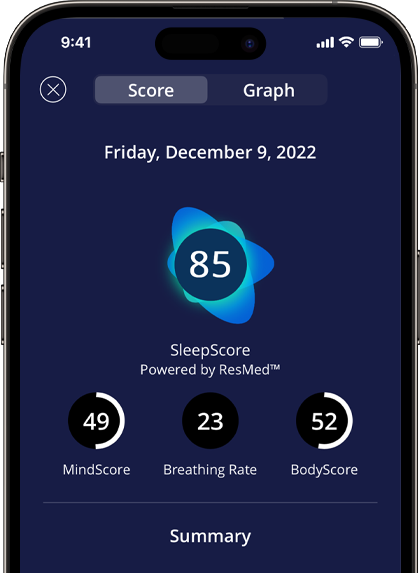Can’t Sleep Without Alcohol? 5 Alternatives to Try

After a long day at the office, most feel the need to relax. Often times, it’s easy to grab a bottle of your favorite après beverage to blow off steam and relieve the day’s tensions. And while the occasional urge to imbibe is normal, making it a daily habit can be disruptive to your health and well being. Drinking can also negatively impact sleep as the alcohol in your blood interrupts and compromises the recovery effects of your sleep cycle.
How Does Alcohol Affect Sleep?
While alcohol can make you feel you drowsy initially, the quality that drunken slumber provides is not very productive. Delta Pattern brain activity slows down, decreasing the effectiveness of memory and learning formation. At the same time, Alpha Pattern brain activity speeds up, which normally does not occur during sleep. Combined, these competing brain activities inhibit quality sleep.
Drinking can also lead to more frequent awakenings in the middle of the night because the alcohol blocks chemical receptors in the brain that would normally trigger sleepiness as well as being a diuretic, triggering more bathroom breaks. Alcohol also stimulates the production of Adenosine, which is a chemical associated with wakefulness. There’s even a link between alcohol and snoring, which could lead to disrupting your partner.
Worst of all, alcohol blocks REM sleep, considered the most impactful phase of the sleep cycle. REM sleep is known to be the optimal restorative portion of sleep. So drinkers often feel groggy and unrested even after a long night of ‘drunken’ slumber.
It’s generally a good idea to limit the quantity and frequency of drinking altogether, especially in the evenings before bedtime to ensure a good night’s rest. To that end, here are a few alternatives to reaching for the bottle when you’re trying to relax.
Alternatives to Alcohol for Sleep
- Tea or Sparkling Water
The oral fixation of sipping a liquid can be an issue for frequent drinkers. Substituting that with a sparkling water, which mimics the bubbles of beer, or tea can be very effective. Decaffeinated tea, in particular, provides a calming effect and can help you relax without giving you the jitters. - Take a Shower or Bath
Hot water over the skin can open your pores and stimulate the senses. It also increases blood flow and helps your muscles relax. Rather than popping the cork, pop some bubbles in the bath treat yourself to a spa-like experience. And Afterwards, you can enhance your relaxation with some essential oils to help sleep. You may wake up feeling happy and not hungover. - Music, TV, and Books
There are plenty of distractions to be had in the home including music, TV, or a good book. Often the urge to drink stems from boredom and if the mind and senses are otherwise occupied, the thirst for that peaty Scotch can be postponed. - Take a Walk
The old habit of taking an evening stroll around the block seems a bit old-fashioned. But walking is not only is a great way to get out of the house and see the neighborhood, it can also be a simple and healthy alternative from concocting that nightcap cocktail. - Have a Chat
Friends, family, and even support groups are a great way to share your day’s stresses. You can enjoy a few laughs and even find some common ground with your fellow man that’s struggling with life’s challenges. Oftentimes, breaking a lifelong habit can be achieved via the word of a trusted friend or mentor.


